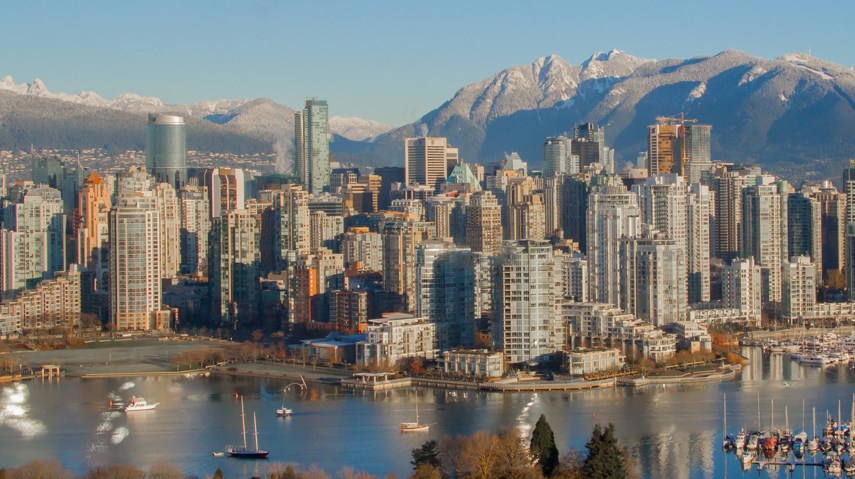Metro Vancouver is at a crucial fork in the road — does it become a global city, embracing change and growth, or does it continue down its current path and become a “museum city”?
At least, that was the perspective offered by a panel of real estate development leaders, speaking at a sold-out January 23 forecast event organized by the Urban Development Institute.
The key message from the panel was that the current status quo — characterized by demand-side policies, lack of collaboration between governments and the development industry, and continued demonization of housing and commercial development — would result in stunted growth and further supply and affordability problems.
Beau Jarvis, president of Wesgroup Properties, said, “If governments at all levels continue to develop policy in isolation and without truly engaging and listening to the private sector, whom they claim are their partners, we will not see the desired outcome in terms of achieving any level of affordability. If the federal government doesn’t start spending some of its billions in B.C., we won’t see those outcomes. If the province doesn’t start holding off on its demand-side measures and start implementing supply-side solutions — which was promised, by the way — we will continue to underbuild. If municipalities continue to develop policies that… undermine our ability to deliver housing, it will be the status quo.”
Jon Stovell, president and CEO of Reliance Properties, described the current situation as “a city of two tales.” He suggested there could be one outcome in which Metro Vancouver embraces change, economic expansion, physical growth, and international investment and immigration, and another in which the region stays on its current path and becomes a “museum city” where NIMBYism and protectionism is put ahead of supply and growth.
Chuck We, senior VP for Western Canada at international commercial landlord Hudson Pacific Properties, talked about the 50 million square feet of additional office space that would be needed in the City of Vancouver by 2050, largely driven by technology growth. Such a large amount of space would require 10 office building booms such as the recent boom creating five million square feet, over the next 30 years. This is a tall order, but not impossible, We told Glacier Media.
He told the 1,200-strong audience, “This wave of technology is creating unprecedented opportunity. We can either embrace it, or, if we keep moving the way we are, it will find a home somewhere else. We are ahead of the curve, but we need to stay ahead of it.” We added to Glacier Media after the event, “We need to keep the momentum going — the pace that we’re building at needs to be maintained.”
We’s cautious optimism was dashed by Stovell, who said, “There’s a real concern that we’re seeing all these tech workers coming in, and they love Vancouver and the lifestyle, but where the hell is everybody going to live? I cannot for the life of me understand why, for example, when you’ve got 7,000 or 8,000 Amazon workers coming to downtown Vancouver over the next few years, that a developer has to fight tooth and nail to get a rental building permit approved. Why can’t we build an office tower in downtown Vancouver that has a higher density with 10 storeys of rental on the top? People could take the elevator to work and not clog up the streets. There’s just such a lack of imagination.”
However, Stovell also had some words of cautious optimism, ending his opening remarks by saying, “But there is hope. [Supply advocates]’ resistance, haphazard at first, is becoming organized. A consistent chorus of the need for an extreme increase in supply is increasingly being heard on social and mainstream media, and even in some halls of government. A land use revolution is at hand. Generations of younger Metro Vancouverites are rising to demand reasonably priced housing, work spaces and recreational spaces.”
The forecast event was held on the same day that the British Columbia Real Estate Association released an updated outlook for residential resales in 2020. Across B.C., home sales on the MLS are predicted to rise 10.3 per cent this year, compared with 2019, and the average sale price in B.C. this year will increase 4.8 per cent. In Metro Vancouver, resale activity is expected to jump 18.8 per cent year over year, and prices will rise a more modest 2.4 per cent, said the BCREA.
For the BCREA’s full report, including forecasts for sales and prices in your B.C. region, click here.



